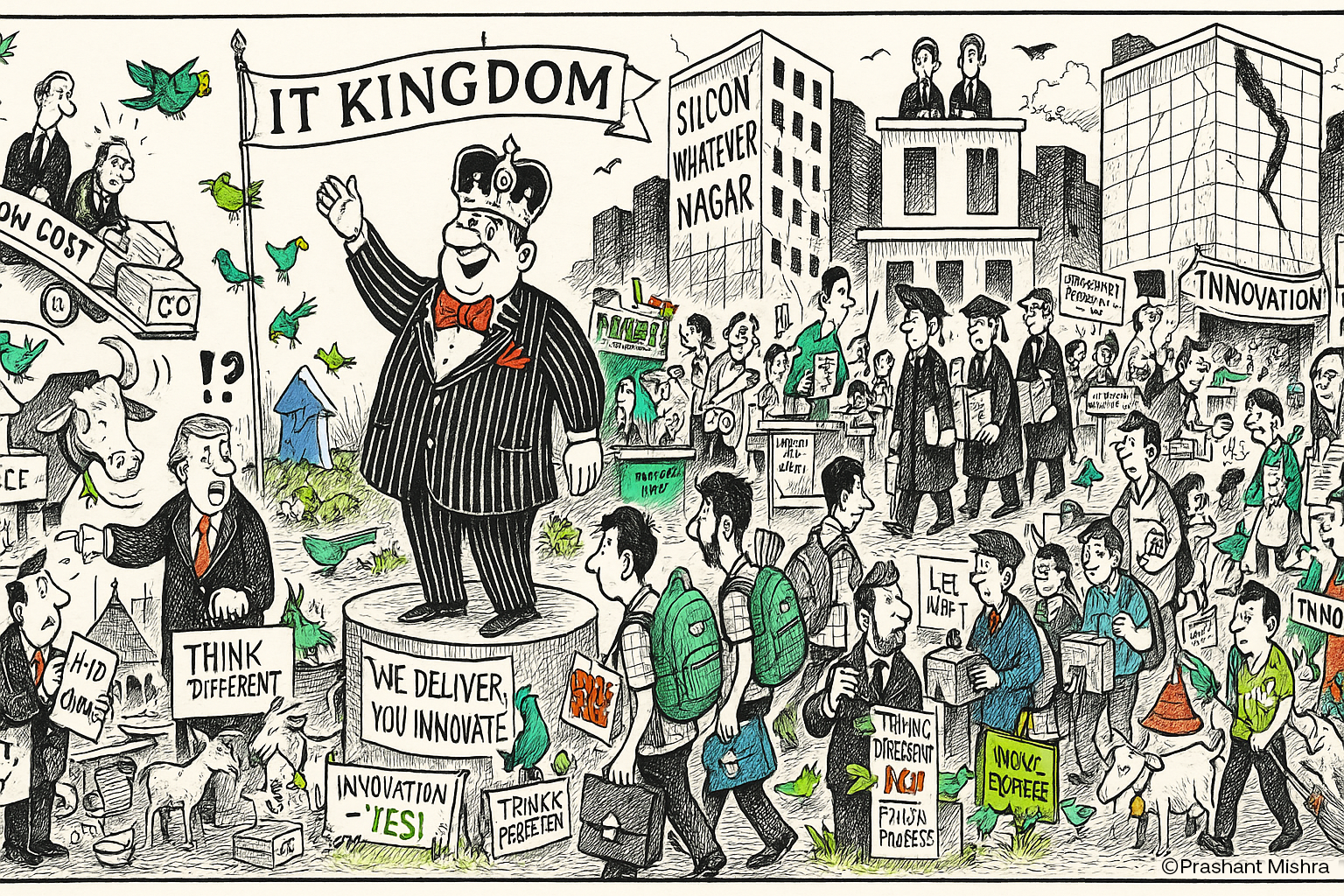
Learn to Live with Reality
Learn to live with reality; otherwise, one day, reality will come and live with you.
This is the opening line and central advice of a book called “The Law of Karma”.
To me, it seems more like a warning than advice. Advices are easy to forget or brush aside. Humans rationalize everything, hence easily crossing the line between reality and fantasy. A warning is a more effective mechanism to goad us to remain in the realm of the objective truth.
Nowhere is this quote more relevant than in corporate life.
Any organization can categorize its employees into two types. The first bucket consists of those that are indispensable because they form the core of the organization’s existence or because they are tightly coupled to the people who are the core of the organization’s existence. This group can be called “the fixed.” The second and largest majority consists of people who are not expected (but not explicitly mentioned) to stay in the organization for long. These are “the transient.”
Although corporations by definition are systems, processes, and humans bound through a covenant, in reality they display attributes similar to living things, specifically the instincts of survival and maximum advantage.
Similar to living things, organizations require nourishment in the form of new ideas and processes. The transient are vital to an organization's existence, as they serve as its source of nourishment. The organization feeds on them in a process similar to an amoeba’s phagocytosis. They employ elaborate and ingenious management techniques to manipulate employees' perceptions of reality, enabling them to effectively fulfill their hired roles.
However, once the prey receives the aforementioned nourishment, the organization makes no attempt to prolong its hypnotic state. This is when the true reality of the organization dawns. This realization leaves the person self-critical, demoralized, and ashamed. Generally, people accept it as their destiny and continue on the path of corporate slavery.
Although organizations the world over follow a similar process, nowhere is this more prevalent than in India. It is here that multinationals (both Indian and foreign) under the aegis of relaxed labor laws for SEZ-based organizations rampantly plunder and feed. Research and investigations across India paint a sorry picture about the human condition within SEZs. Educated workers are subjected to mental harassment, work long hours to complete stringent targets, are fired without justification or compensation, and suffer from work-related illnesses (the most prevalent are sleep disorders, anxiety, and blood pressure).
The Indian workforce predominantly comes from semi-affluent backgrounds. Hence, access (or promise of access) to wealth and luxury the firms provide creates a “Stockholm syndrome” situation, perpetuating the cycle of exploitation.
In cognizance of this, one should continuously calibrate which population type one belongs to and should try at all times to maintain awareness about what is real and essential. One should keep reminding oneself that this is not real. It is an unimaginably hard thing to maintain that consciousness and sanity in the exotic bludgeoning of a make-believe world.


